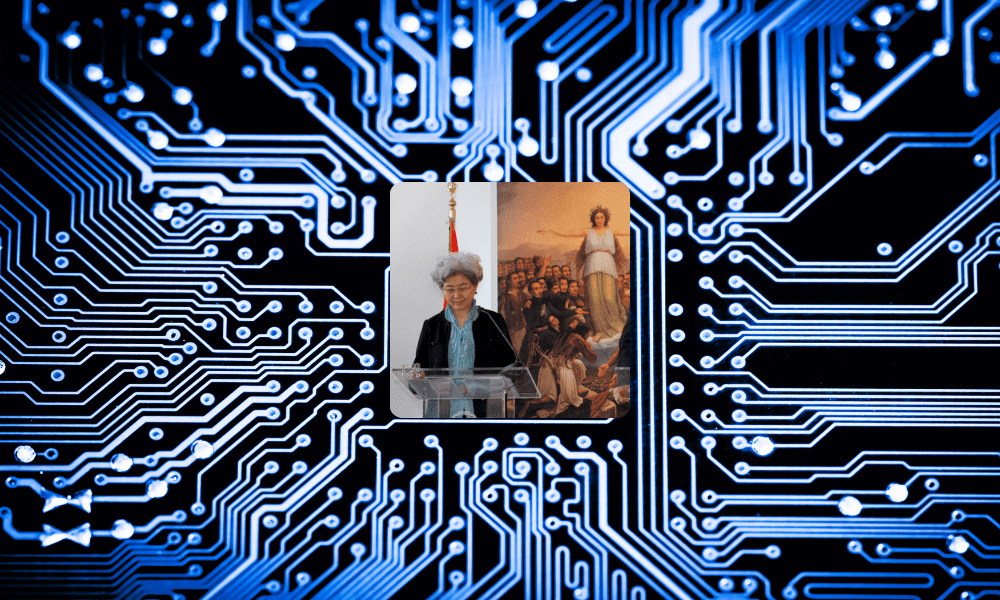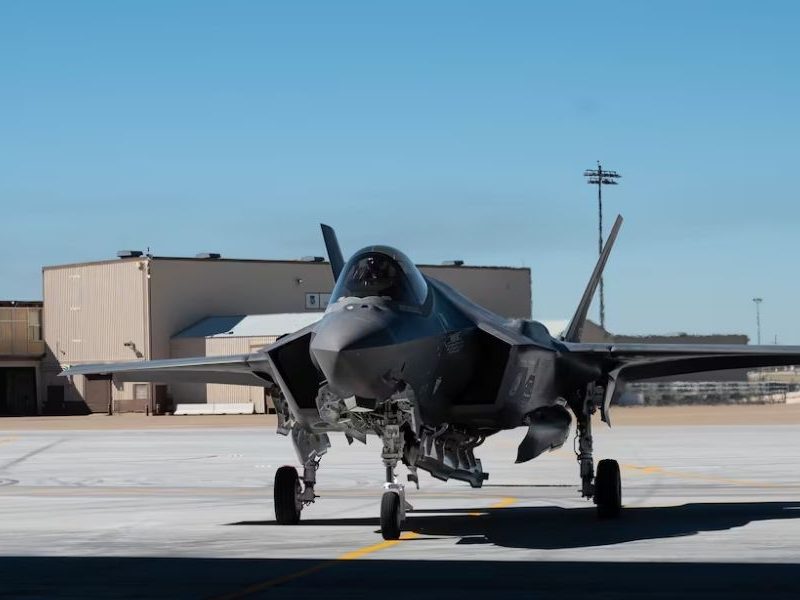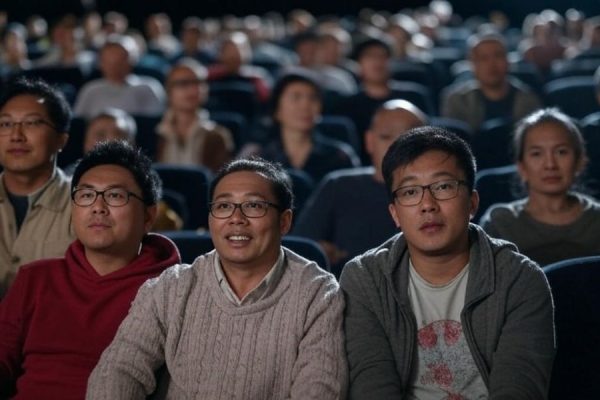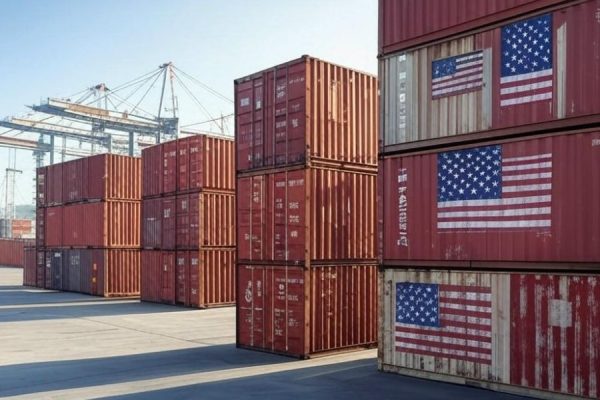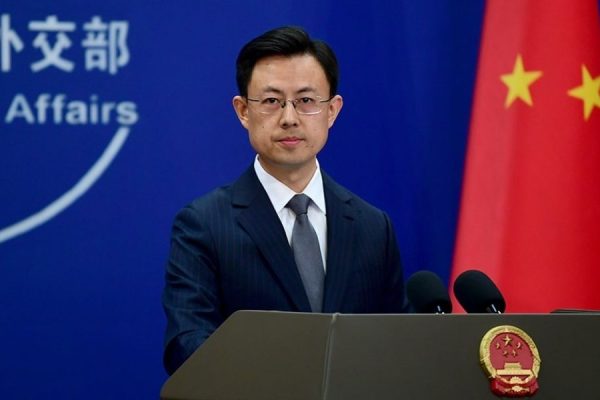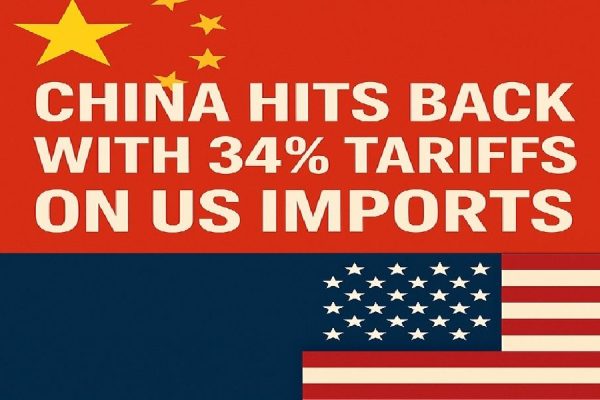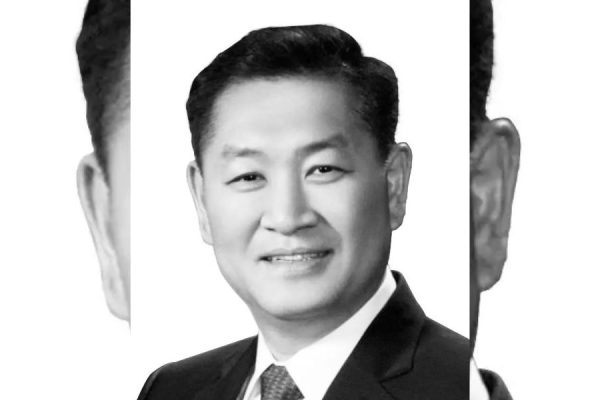Paris: A heated exchange unfolded at a global AI summit in Paris when Fu Ying, China’s former vice minister of foreign affairs and ex-UK ambassador, openly challenged AI expert Yoshua Bengio. The debate highlighted growing tensions over AI governance and development between China and the West.
A Lighthearted Yet Sharp Critique
Speaking at a panel discussion before the two-day AI Action Summit, Fu Ying humorously remarked on the length of an AI safety report led by Bengio and co-authored by 96 global experts. She noted that the Chinese translation extended to 400 pages, admitting she had yet to finish reading it. Her comment sparked laughter but also underscored deeper differences in global AI strategies.
Fu also pointed out a key distinction between China’s and the West’s approach to AI governance. She highlighted that while Bengio is part of the AI Safety Institute, China has opted for a different terminology, naming its organization the AI Development and Safety Network. She explained that China’s emphasis is on collaboration rather than merely safety.
A Growing Divide in AI Regulation
The summit, attended by tech leaders such as OpenAI CEO Sam Altman, Microsoft President Brad Smith, and Google CEO Sundar Pichai, focuses on regulating AI in an increasingly fragmented world. However, Elon Musk’s attendance remains uncertain.
The debate over AI regulation comes at a time of intensified competition. China’s DeepSeek recently introduced a powerful, low-cost AI model, challenging U.S. dominance in the industry. Fu expressed concern that strained U.S.-China relations could hinder AI safety efforts, stating, “While science is advancing rapidly, international relations are moving in the wrong direction.”
Open-Source AI vs. Proprietary Models
Fu Ying strongly advocated for open-source AI, arguing that allowing global experts to examine and refine AI models would make the technology safer. She criticized Western tech giants for keeping their AI architectures private, stating that this lack of transparency creates public anxiety.
Bengio disagreed, warning that open-source AI could also be exploited by bad actors. He acknowledged, however, that open-source models like China’s DeepSeek allow for easier safety assessments than closed models like OpenAI’s ChatGPT.
AI’s Impact on Work and Society
The second day of the summit will see world leaders, including French President Emmanuel Macron, Indian Prime Minister Narendra Modi, and U.S. Vice President JD Vance, discussing AI’s role in the workforce and public services. The talks will address AI-driven changes in employment and strategies to manage risks associated with the technology.
Additionally, a $400 million international partnership has been announced to support AI projects focused on public benefits, such as advancements in healthcare.
The UK’s Urgency in AI Adoption
UK officials emphasized the need for rapid AI adoption. Technology Secretary Peter Kyle cautioned against falling behind, while government AI advisor Dr. Laura Gilbert argued that AI is crucial for sustaining public services like the NHS.
AI experts at the summit warned of a major shift in the labor market. Marc Warner, CEO of AI firm Faculty, compared AI’s impact to the industrial revolution, stating, “AI is the automation of cognitive labor.” He predicted that traditional jobs might become obsolete in the near future.
Conclusion
The Paris AI Summit has brought global leaders together to tackle AI’s risks and potential. The clash between Fu Ying and Yoshua Bengio highlights ongoing debates over transparency, governance, and international collaboration. With AI advancing at an unprecedented pace, the challenge remains: can nations find common ground to ensure its responsible development?

